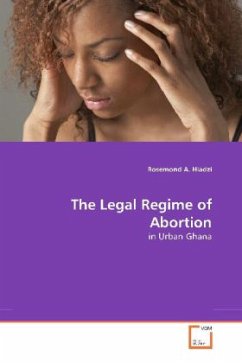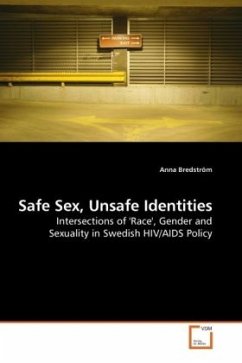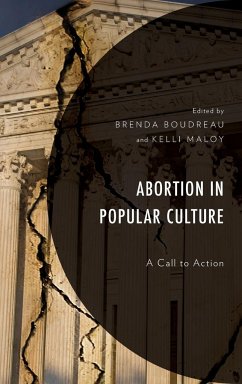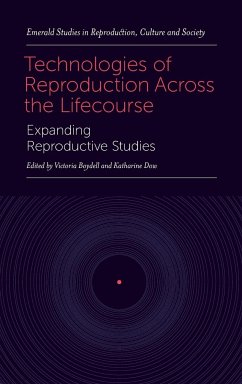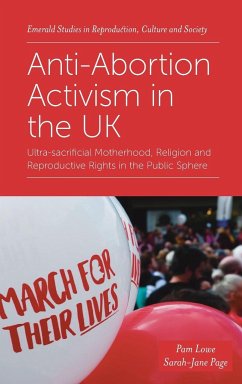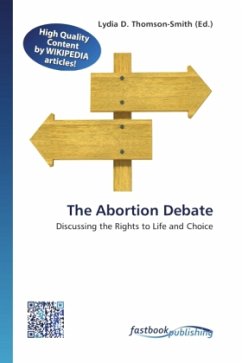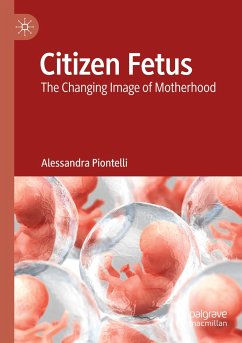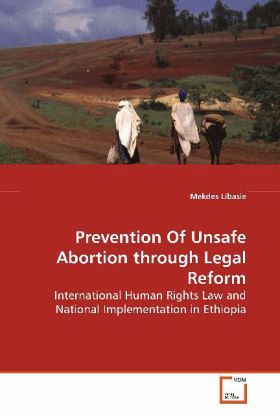
Prevention Of Unsafe Abortion through Legal Reform
International Human Rights Law and National Implementation in Ethiopia
Versandkostenfrei!
Versandfertig in 6-10 Tagen
32,99 €
inkl. MwSt.

PAYBACK Punkte
16 °P sammeln!
In this modern era it is possible for international law to permeate state barriers and regulate matters which were traditionally left for states. The issue of unsafe abortion is one of these matters. The international community recognised unsafe abortion as a major public health threat and reached on a consensus to deal with it accordingly in the 1990''s. Although multiplicity of factors relating to poverty and lack of resource affect the incidence of unsafe abortions, strict and prohibitive abortion laws are proved to be the major contributors. This book looks at the international legal found...
In this modern era it is possible for international
law to permeate state barriers and regulate matters
which were traditionally left for states. The issue
of unsafe abortion is one of these matters. The
international community recognised unsafe abortion
as a major public health threat and reached on a
consensus to deal with it accordingly in the 1990''s.
Although multiplicity of factors relating to poverty
and lack of resource affect the incidence of unsafe
abortions, strict and prohibitive abortion laws are
proved to be the major contributors. This book looks
at the international legal foundations of
reproductive health and demonstrates how these
international standards find their way to national
laws of states which are hard hit by the problem.
Studies show unsafe abortion is the second major
cause of maternal mortality in Ethiopia. In
addition, Ethiopia went through a reform of its
abortion regulations recently. The author used these
facts to show whether international standards
regarding abortion are incorporated in to the new
Ethiopian law.
law to permeate state barriers and regulate matters
which were traditionally left for states. The issue
of unsafe abortion is one of these matters. The
international community recognised unsafe abortion
as a major public health threat and reached on a
consensus to deal with it accordingly in the 1990''s.
Although multiplicity of factors relating to poverty
and lack of resource affect the incidence of unsafe
abortions, strict and prohibitive abortion laws are
proved to be the major contributors. This book looks
at the international legal foundations of
reproductive health and demonstrates how these
international standards find their way to national
laws of states which are hard hit by the problem.
Studies show unsafe abortion is the second major
cause of maternal mortality in Ethiopia. In
addition, Ethiopia went through a reform of its
abortion regulations recently. The author used these
facts to show whether international standards
regarding abortion are incorporated in to the new
Ethiopian law.



